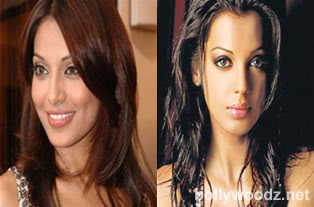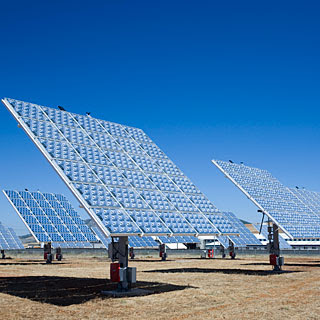 He was allowed to go only after Indian Embassy officials vouched for him.Shah Rukh was reportedly on his way to Chicago to attend an Independence Day parade.
He was allowed to go only after Indian Embassy officials vouched for him.Shah Rukh was reportedly on his way to Chicago to attend an Independence Day parade.Speaking to NDTV over the incident, Shah Rukh said his name popped up on their computer, and then he was taken for questioning.
“My name popped up on their computer. I was taken to a room for questioning. I was questioned for two hours,” said Shah Rukh.
The actor said that he was not even allowed to use his phone.
“This is not the first time this happened to me. I am glad my family was not travelling with me,” he added.
However, the actor denied the incident to be racial bias.
Reacting to the incident, Shah Rukh’s close friend and Bollywood filmmaker Karan Johar said that he was shocked at the incident. He also said that Shah Rukh was upset over the whole episode.
However, Shah Rukh is not the first Bollywood personality to face such harassment. Kabir Khan, director of hit films like ‘Kabul Express’ and ‘New York’, was denied a visa initially because of his surname.
Talking to NDTV, Kabir Khan said that such incidents have been happening since 9/11.
The incident comes close on the heels of the ex-president APJ Abdul Kalam being frisked earlier.
PTI adds:
Reacting to the incident, Shah Rukh said that after he was stopped he sent messages to his home, his secretary and Congress MP Rajiv Shukla, who informed the Indian Mission which came to his rescue.
“I have always been worried about travelling to America. I shy away from all this. I don’t look like a terrorist going to do anything to the country,” he said.
“I did feel bad. I felt angry. I am glad my family wasn’t there. God knows what they would have done to them,” Khan added.
Other detention ordeals:
It’s not the first time that Indian actors have become victims of racial profiling abroad. Here’s a list of those who have gone through similar ordeal.
2002: Kamal Hassan was detained at the Toronto airport in Canada for his “Islamic” last name by airport officials.
2002: Megastar Aamir Khan was strip searched and interrogated at the Chicago airport.
2008: Film director Kabir Khan was also detained at least three times last year when he was shooting in United States for his film New York.
2008: Actor Neil Nitin Mukesh was also questioned because the officials thought that he wasn’t Indian.
2009: Southern superstar Mammooty was detained because his name on the passport was Muhammad Kutty Ismail.



.jpg)
.jpg)
.jpg)
.jpg)
.jpg)
.jpg)
.jpg)
.jpg)




